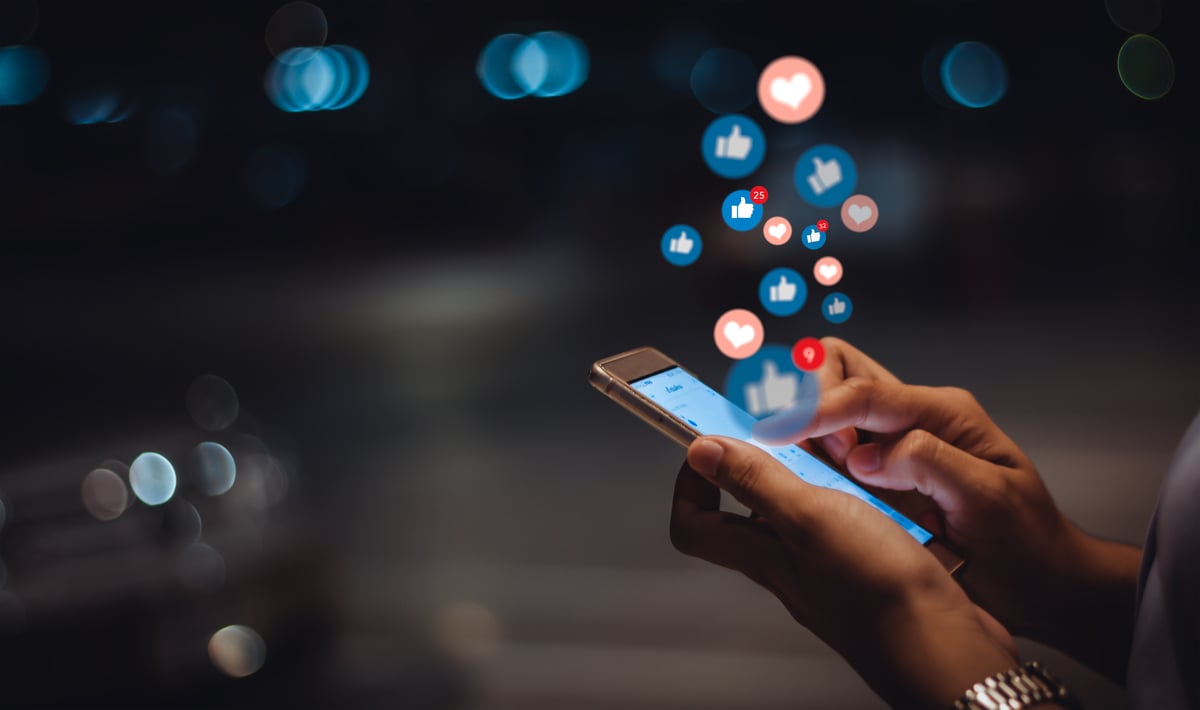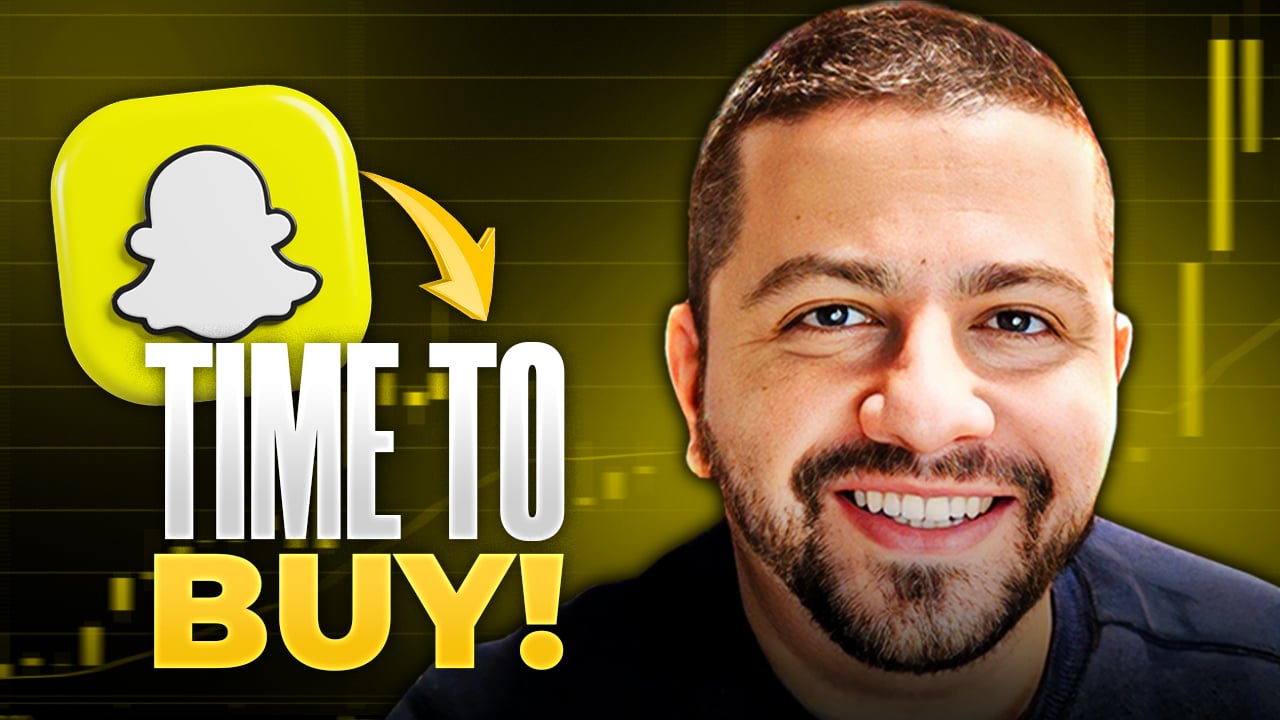In the final days of 2016, The Wall Street Journal reported that Snap (SNAP 0.52%) already had a strategic message that it wanted to convey once it starts its pre-IPO roadshow: Snap is not the next Twitter (TWTR +0.00%). Rather, it wanted to be compared to the larger social network Facebook (FB +1.72%). Given the utterly divergent performances of both companies since going public, it's obvious why: Facebook shares are up nearly 250% since going public, while Twitter shares are down about 60%.
With Snap officially filing its public S-1 last week, investors can now see there are far more closer comparisons to Twitter than Facebook. This is going to be a tough sell for CEO Evan Spiegel.

Image source: Snap S-1.
Snap's user base is more comparable to Twitter
Last quarter, Snapchat had approximately 158 million daily active users, and sequential growth is already quickly decelerating. Snap has attempted to explain this deceleration with a "lumpy and unpredictable" product development cycle, which is a poor excuse.
By way of comparison, when Twitter filed its first S-1 back in late 2013, the microblogging service had 215 million monthly active users (MAUs) and approximately 100 million daily active users (DAUs). Facebook filed its first S-1 in early 2012 and was already boasting 845 million MAUs and 483 million DAUs. Beyond those respective starting points, Facebook has been able to significantly grow its MAU base largely because it's an easier platform to use and users connect using real names, which fundamentally helps combat trolling and harassment.
Snap's financials are more comparable to Twitter
Naturally, financial results are closely tied to those user bases, since all social media companies monetize through advertising. Here are the top and bottom lines for each company's full year prior to filing.
|
Metric |
Facebook (2011) |
Twitter (2012) |
Snap (2016) |
|---|---|---|---|
|
Revenue |
$3.7 billion |
$316.9 million |
$404.5 million |
|
Net income/(loss) |
$1 billion |
($79.4 million) |
($514.6 million) |
Data source: SEC filings.
Facebook was solidly profitable by the time it was preparing to go public, while Twitter was still in the red. Snap put up massive revenue growth in 2016 (590%), but its net loss widened due to soaring costs. The largest cost is Snap's cost of revenue, which is mostly what it pays for cloud hosting and infrastructure. Snap does not own or operate its own data centers or infrastructures; it relies predominantly on Alphabet's Google Cloud.
Twitter was valued at $14.2 billion when its IPO finally priced, Facebook was already worth $104 billion when it came out, and Snap is targeting a $25 billion valuation. This valuation won't be firm until the offering is priced, though.
Snap's niche value proposition is more comparable to Twitter's
Twitter's value proposition is mostly derived as a broadcasting system for microblogging, with particular focus on celebrities, prominent figures, or publishers because of the asymmetrical following model. Trolls also appreciate the anonymity, too. Snapchat's value proposition is sharing ephemeral photo or video messages that disappear shortly thereafter. These are both fairly niche use cases that lack mainstream appeal.
In contrast, Facebook is more of an all-purpose social network that is easier to use for a wider range of mainstream use cases. Look no further than the each company's user base for evidence of this.
Snap is much more likely to be the next Twitter
It's still early, and Snap will update its S-1 with additional details in the weeks and months ahead as it marches toward its public debut, but investors' first glimpse of the company's financials and operating metrics show that it much more closely resembles Twitter on numerous levels. It's incredibly easy to imagine the same investor concerns of stagnant user growth that have dogged Twitter for years becoming a similarly prominent investor theme for Snap.
If Snapchat fails to become a mainstream platform, it will likely prove to be a similarly disappointing investment for public investors, while insiders and venture capitalists will all make out like bandits.







